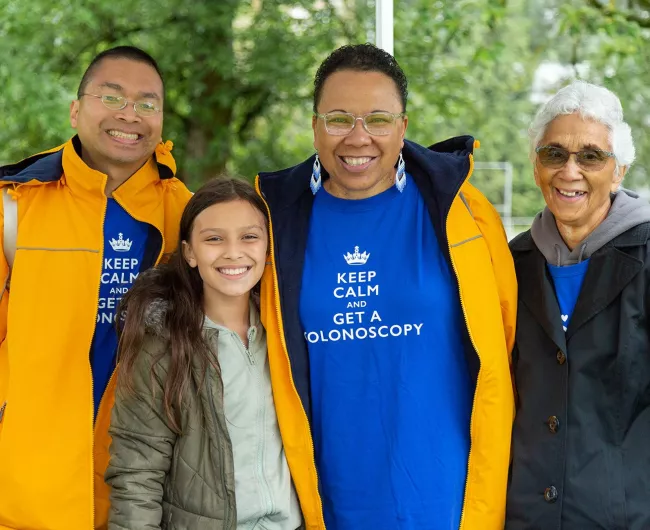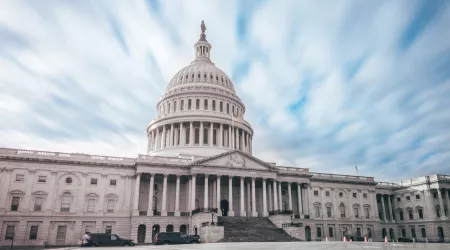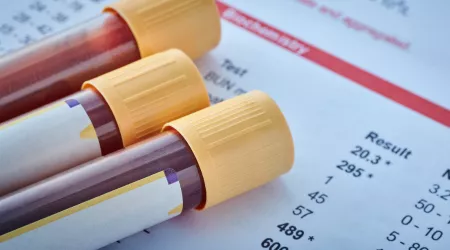How long does a colonoscopy take?
Many people want to know how long their colonoscopy will take. This timeline is important for patients and the caregivers who come with them to a colonoscopy appointment.
A colonoscopy procedure typically takes 30-60 minutes, depending on whether the doctor needs to remove polyps or take biopsies.
However, patients and caregivers should plan to spend 2-3 hours total at the hospital or endoscopy center to account for the time needed for preparation and recovery.
During colonoscopy preparation and recovery, caregivers either wait in a waiting room or give their number to the office staff to receive a call when it is time to pick up the patient.
Because sedation is given, patients will need the remainder of the day to rest and recover at home; those who work should plan to take the day off.

Breaking it down
Your day will include:
- 30-60 minutes to prepare the patient directly prior to the procedure
- 30-60 minutes for the colonoscopy itself
- 30-60 minutes to recover at the hospital or endoscopy center directly following the procedure
- The remainder of the day to rest and recover at home

Essential colonoscopy information
Are you looking for additional information on preparing for your colonoscopy procedure? We offer detailed resources to get you ready for this life-saving process.
Colonoscopy prep options
Pills for Colonoscopy PrepTop resources

Legislation introduced to address young-onset CRC
Explore the urgent need for the Colorectal Cancer Early Detection Act (HR 7714), legislation aimed at combating the rising incidence of colorectal cancer among younger adults through enhanced screening, education, and research.

Dak Prescott joins Alliance to ‘LEAD FROM BEHIND’
Initiative aims to reduce stigma and educate about screening choices, as the Colorectal Cancer Alliance launches a health equity fund to decrease disparities.

Act now to create a coverage pathway for future blood-based detection
On the horizon are blood tests that have shown the ability to detect a variety of cancers including colorectal and rare cancers. Though these tests are still in development and are not yet approved by the FDA, clinical trials have shown impressive results.





